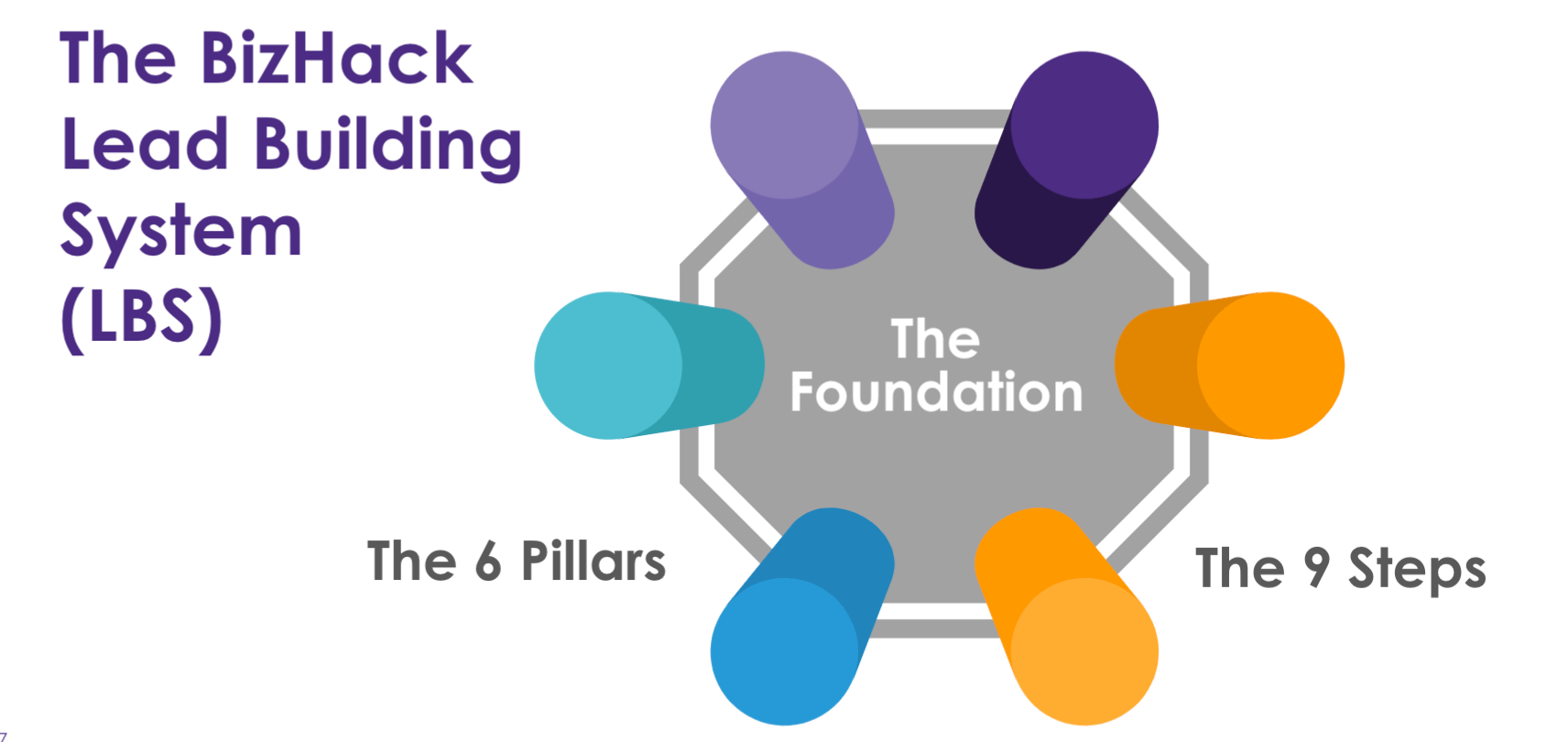Use This Successful Case Study To Prepare Your Small Business To Sustain Hardship

How One Small Business Pivoted From B2B to B2C and Triumphed During the Covid-19 Pandemic
The Greater Knead, an allergen-free bagel company, completely pivoted its business model in the face of the Covid-19 pandemic. This is how the founder did it.
In March 2020, the Covid-19 pandemic posed a challenge to businesses across the world as they were forced to reckon with decreased sales brought on by minimal in-person contact and restrictions on in-person business. The Greater Knead, a gluten-free, allergen-free bagel maker operating out of southeast Pennsylvania, was hit particularly hard by these developments.
Founded as a B2B business, The Greater Knead found success selling to local bagel shops and supermarkets. However, when these businesses started to close for quarantine and supermarkets limited their orders, The Greater Knead witnessed declining sales that threatened to destroy the company.
This sudden shift in fortunes forced owner and founder Michelle Carfagno to pivot The Greater Knead to be more adaptable to deal with the unexpected nature of the pandemic. This is how she and her team transformed their business model in a way that allowed The Greater Knead to not only survive the pandemic, but also to thrive amid hardship.
TL;DR: The Greater Knead transformed from a B2B to a B2C business with a marketing strategy that showcased its team’s personal values and commitment to serving customers.
The Greater Knead team used the company’s growing B2C web sales and a variety of digital marketing techniques to their benefit.
-
- The Greater Knead team leveraged founder Michelle Carfagno’s business story as part of their digital marketing. Michelle founded The Greater Knead in 2012 after working to create allergen-free bagels that her family members with Celiac disease could enjoy.
- The Covid-19 pandemic led to decreased sales for the company after local grocery stores and bagel shops closed. Michelle and her team transitioned to a B2C model that relied on web sales to drive a pandemic-resistant revenue stream.
- The Greater Knead team leveraged channel-specific offers and a unique value proposition to appeal to prospects online and build lasting relationships with customers.
- Through these changes, Michelle and her team were able to lift The Greater Knead out of hardship. By the end of 2020, they had generated 5% more sales than the previous year, began expanding the company and made operations more efficient.
Small business owners all over the world can use the same methods that The Greater Knead used to help their companies adjust to changes and succeed in new markets.. How will you help your business adapt?
Want more of these great insights? Subscribe to our community newsletter and get invitations to #BizHackLive events. Don’t forget to follow BizHack on Facebook, Twitter and LinkedIn, and to subscribe to our YouTube channel.
Telling the Business Story: A Bagel That Addresses a Greater Need
The Greater Knead’s owner Michelle Carfagno started her company in 2012 when several members of her family were diagnosed with Celiac disease, making them unable to eat their favorite comfort food—bagels.
An avid baker, Michelle set to work concocting a bagel recipe that was free from all the ingredients that her family, and others with allergies, couldn’t eat. She created a bagel that has no wheat, dairy, soy, egg, peanuts, tree nuts, fish, shellfish, sesame or GMOs. This bagel is accessible to individuals with dietary restrictions of all types.
With the catch phrase, “Eat Confidently,” The Greater Knead entered the market as part of the “Free From” community, a movement that aims to remove harmful ingredients from food. The Greater Knead team markets the company as a proud woman-owned business that aims to inspire and empower change.
“The Greater Knead was founded with the idea that food should be created to serve the greater need of the consumers,” its Facebook page reads.
The Greater Knead is a vision-driven food company founded on a deeply-personal story and owner Michelle’s desire to make the world a better place.
Small Business Challenges Created by Covid-19
In just its first eight years in business, The Greater Knead garnered $1 million in revenue, and year-over-year sales were up 20% in February 2020. The bagels were popular in the local shops and grocery stores that carried them and the brand had a loyal customer base.
The Covid-19 pandemic caused The Greater Knead’s B2B sales to crater, leading to a drastic drop in revenue in Spring 2020. As of May 2020, year-over-year sales had declined by 60%.
“Before the pandemic, people learned of us through word of mouth, store signage, and in-store demonstrations. All of that was gone,” Michelle says.
With the end of the pandemic nowhere in sight and revenue on the decline, Michelle and her team had to get creative to boost sales and save their business. Luckily, there was a new framework that they could adopt: B2C web sales.
The Greater Knead’s Innovative B2C Transition
During the pandemic, customers were searching for The Greater Knead’s bagels online, looking for ways to purchase them now that their favorite restaurants and shops were closed. Michelle and her team began to transition their business model and marketing strategy to accommodate direct sales to customers. The Greater Knead cut out the middleman and began embracing its trickle of e-commerce sales.
In addition to this transition from B2B to B2C sales, The Greater Knead team also leveraged several company assets to appeal to customers and prospects:
- Their unique business story became an important part of their website and social media platforms as a way for customers to learn more about the company and connect to the founder’s purpose.
- Their value proposition was clear in their promise to help customers “Eat Confidently” and find food items customized to their needs.
- Their beliefs and convictions were marketed through their involvement with Women’s Business Enterprise and their commitment to sparking positive change.
- Their sophisticated digital ads, launched through Facebook, used a variety of photos and videos to convey the company’s message and special offers. They included specific coupon codes that allowed The Greater Knead to track which sales certain ads generated.
In addition to Facebook-only offers, The Greater Knead also incorporated a special website offer into the marketing strategy. When customers enter their email and zip code into a lead form, they are gifted with 10% off their first order, as well as a birthday gift. This irresistible offer is included in a pop-up window and the footer of the website, making it impossible for customers to miss.
Using these channel-specific offers, The Greater Knead was able to increase its online customer base and easily track the success of specific campaigns. The team’s increased digital marketing prowess and connection to customers contributed to their overall success during the pandemic.
From Surviving Covid-19 to Thriving
Through the implementation of these new marketing strategies and business model, Michelle and her team were able to garner a 250% increase in year-over-year web sales as of September 2020. Their adaptability allowed them to experience success amid adversity, and to build their digital presence.
“We now see this as an opportunity to have a direct relationship with customers,” Michelle says.
Building off the momentum they gained from their new success, The Greater Knead team began a partnership with a West Coast distributor. They also invested in automation through the purchase of a state-of-the-art bagel-making machine and vacuum seal packaging machine. These investments allowed them to forgo a move to a larger facility and instead use their existing space to their advantage by making it more efficient.
By the end of 2020, the company’s sales were up 5% from the previous year, successfully clearing the obstacles the Covid-19 pandemic posed to its survival.
The Greater Knead is a prime example of a small business quickly transitioning to a new model that allowed them to continue to work towards their long-term goals. By controlling their costs and adopting the “fail fast, fail cheap” approach, Michelle and her implemented sustainable methods of marketing and production that will carry their company far into the future.
How can you use these innovative strategies to help your small business adapt to these unprecedented times?


